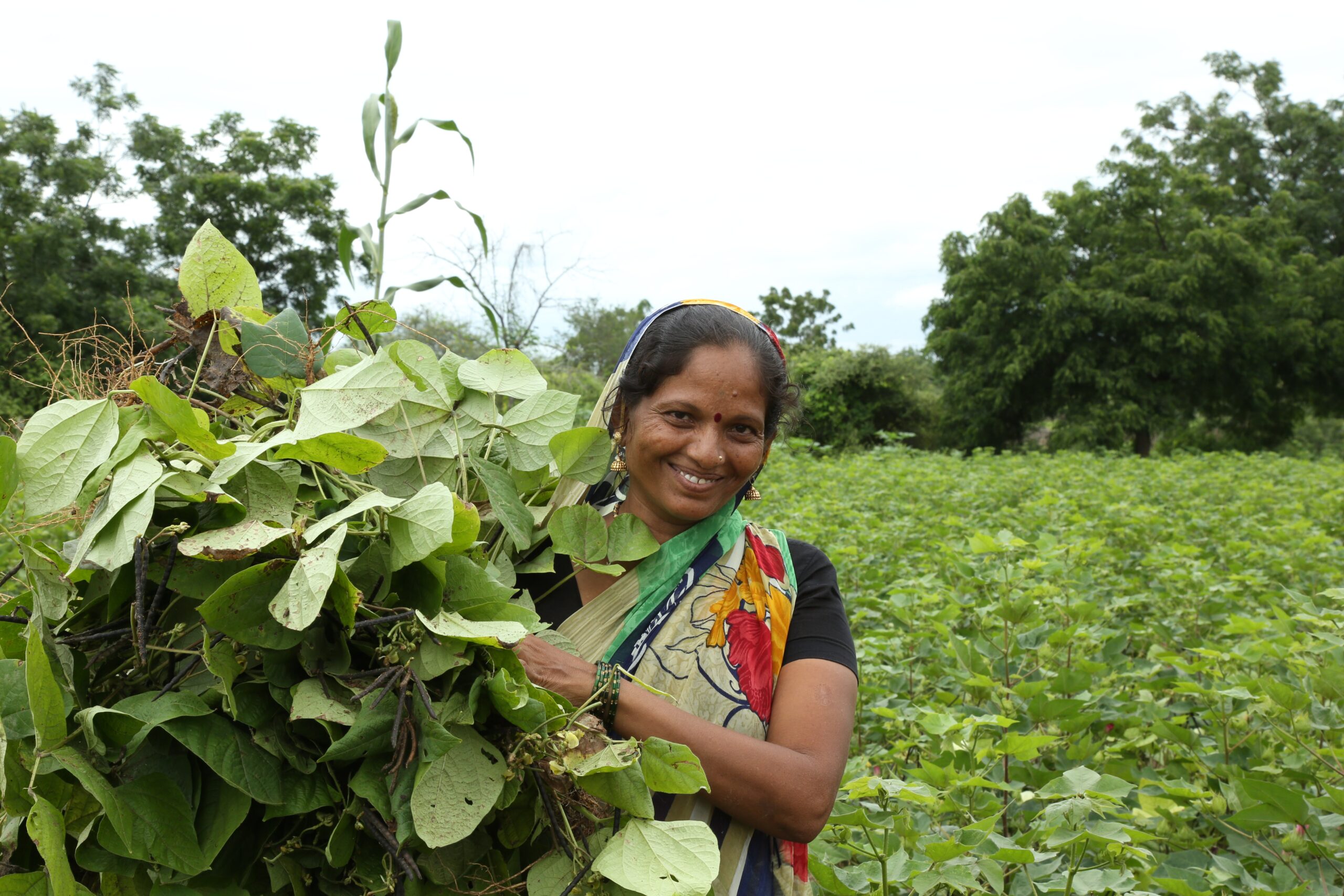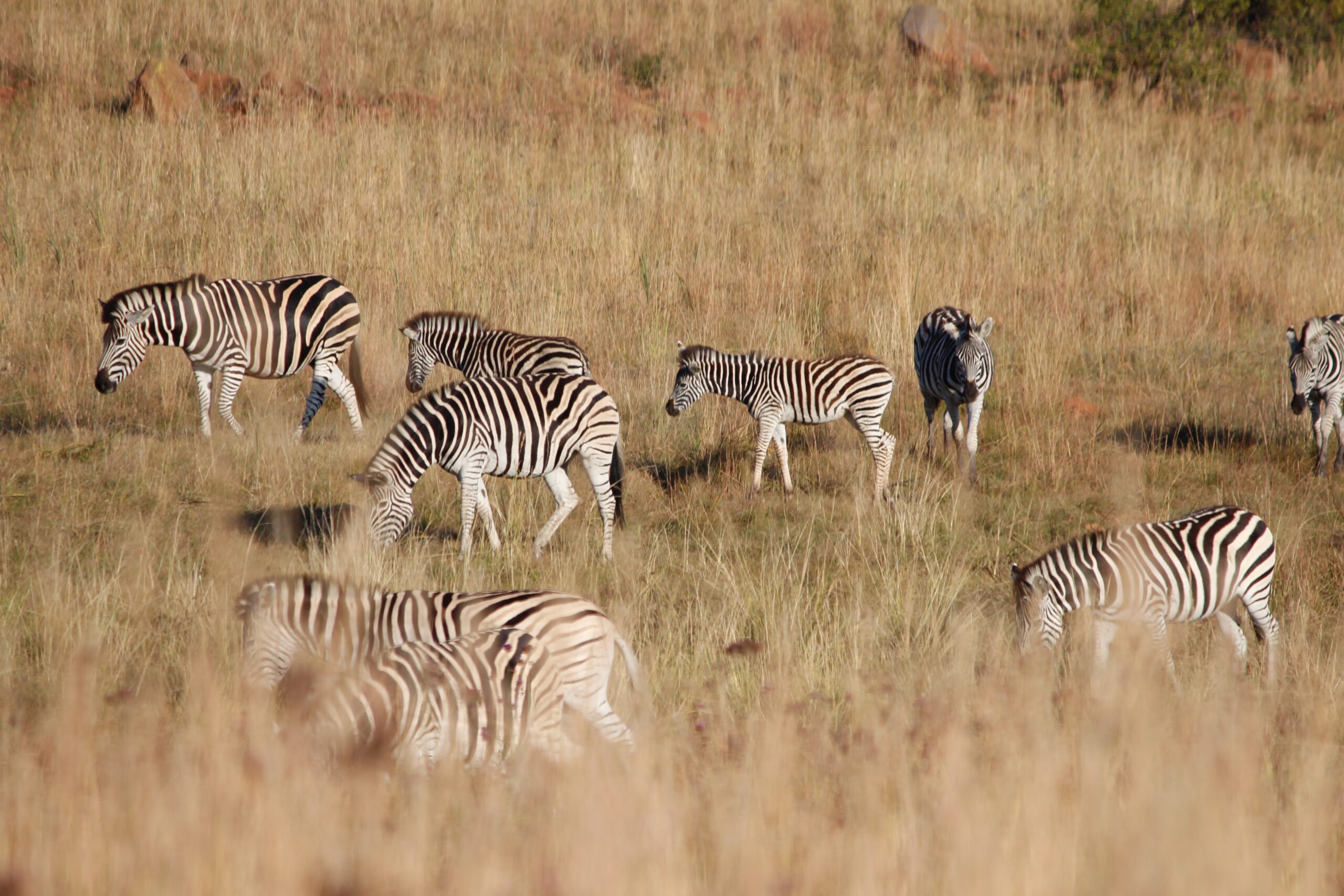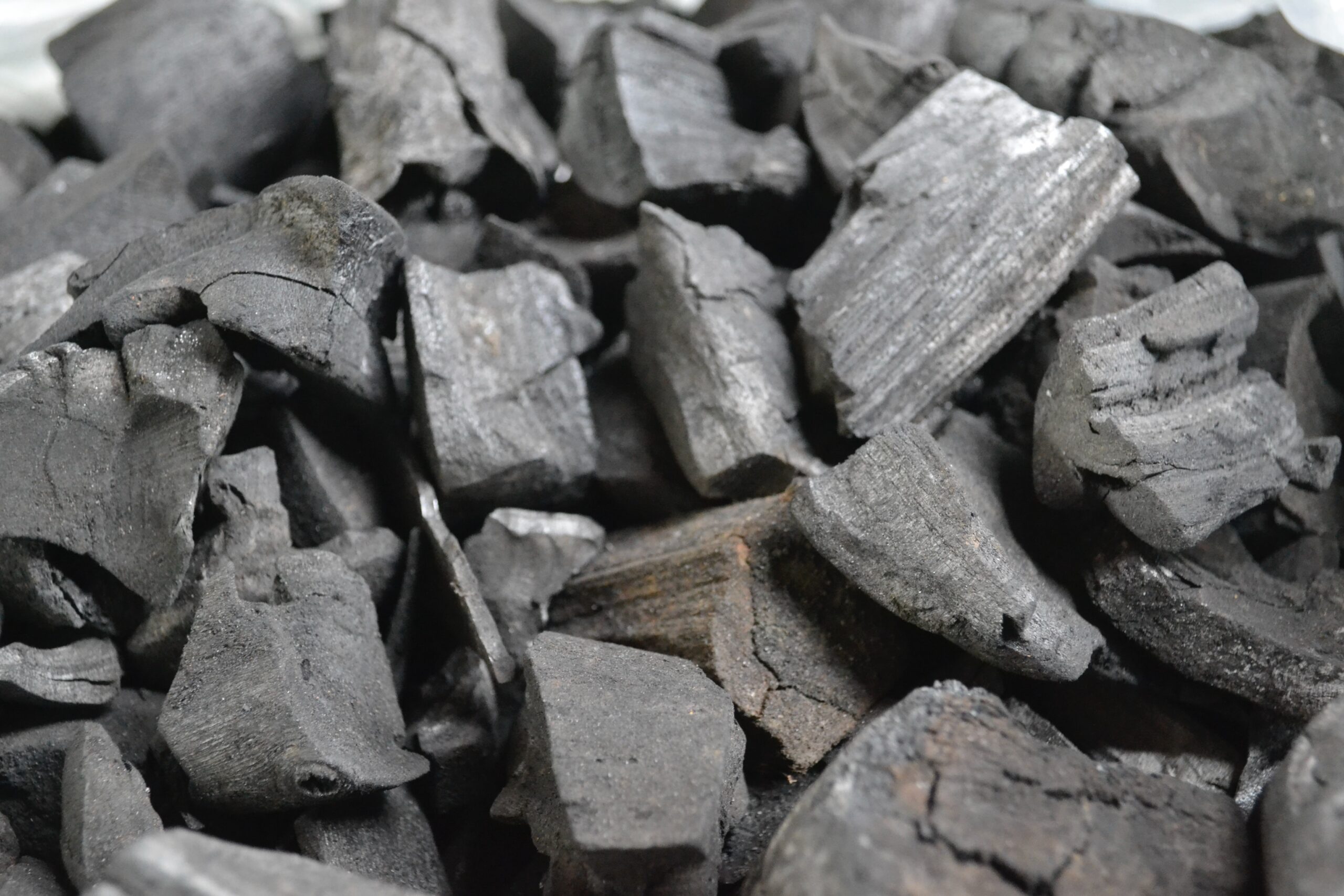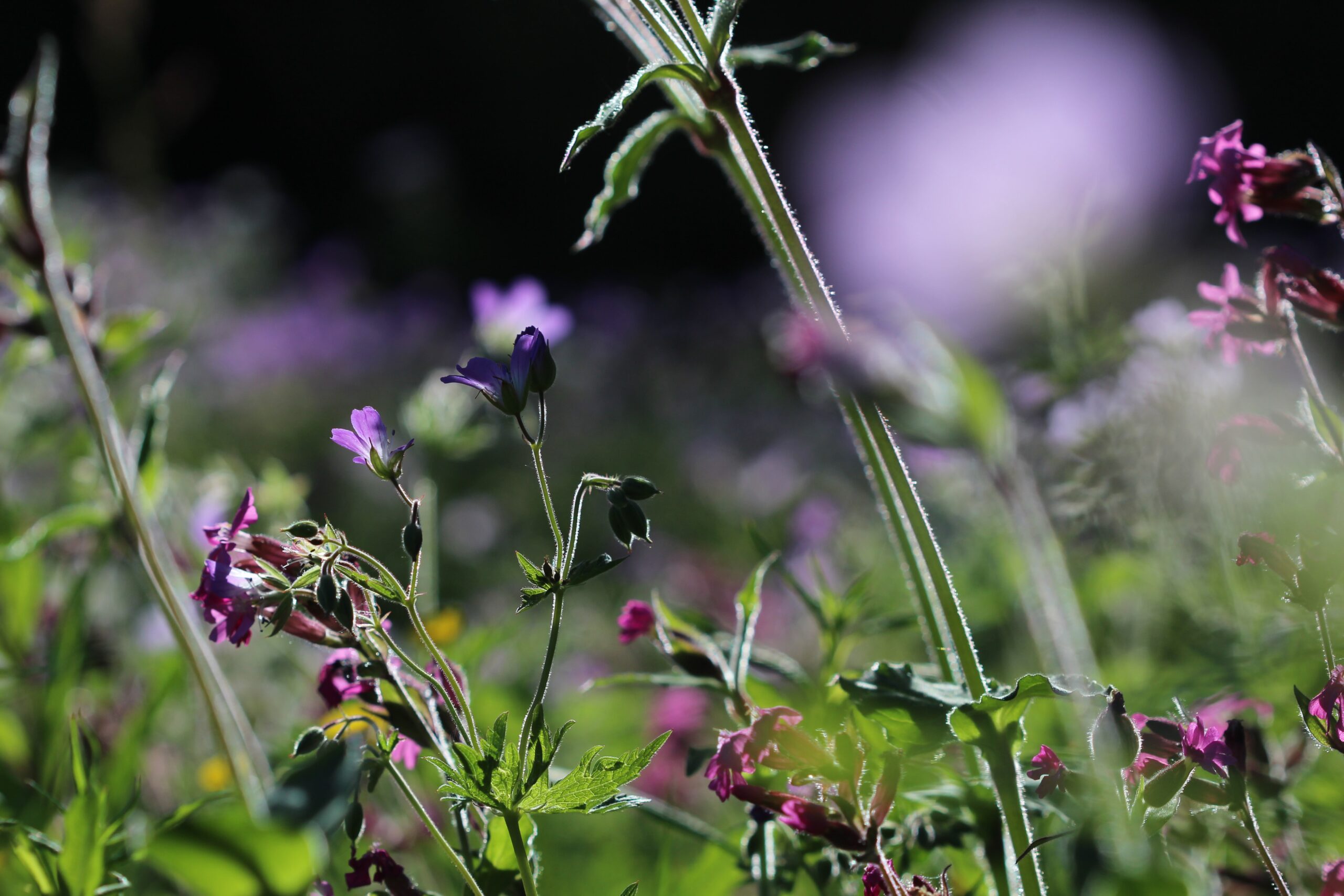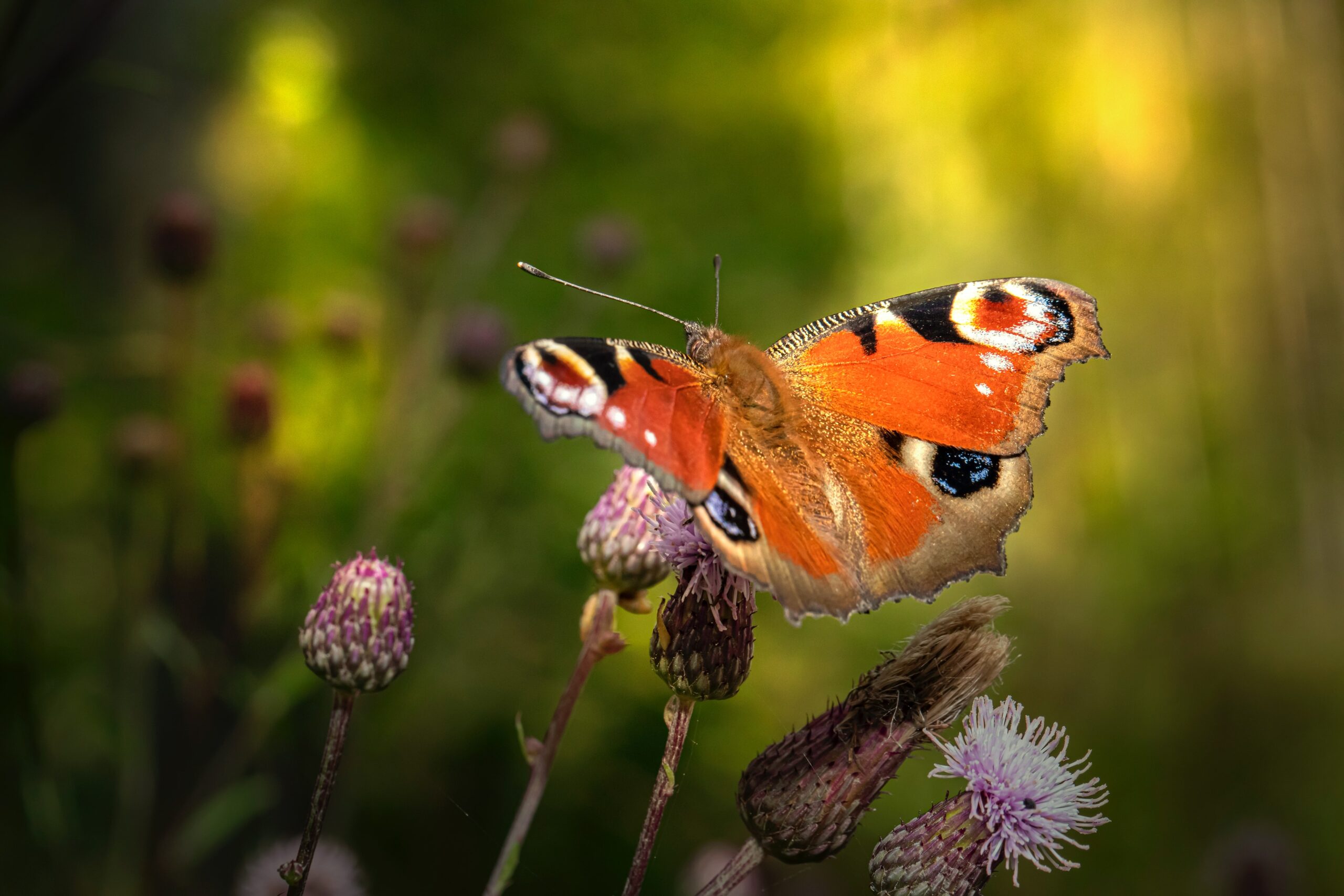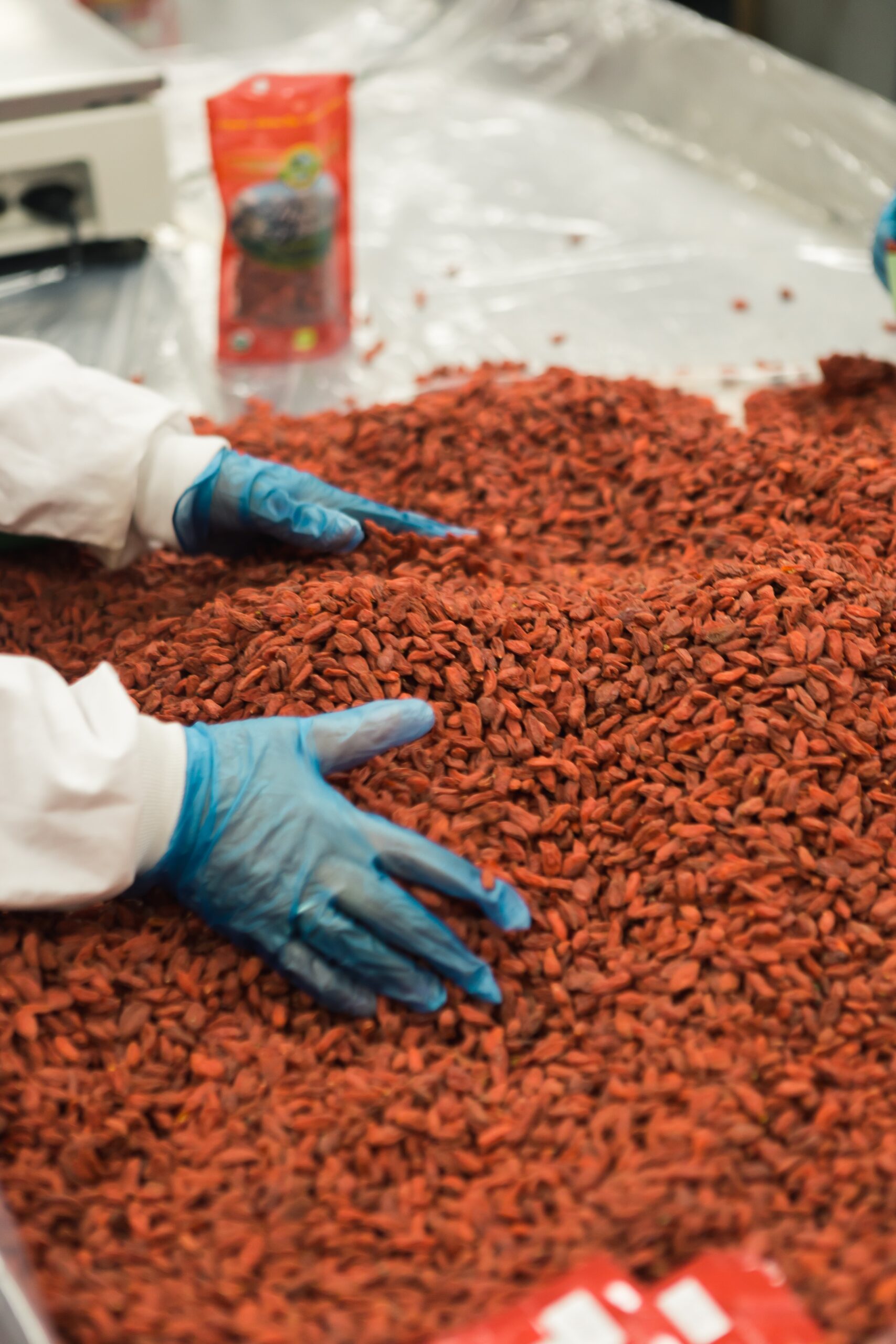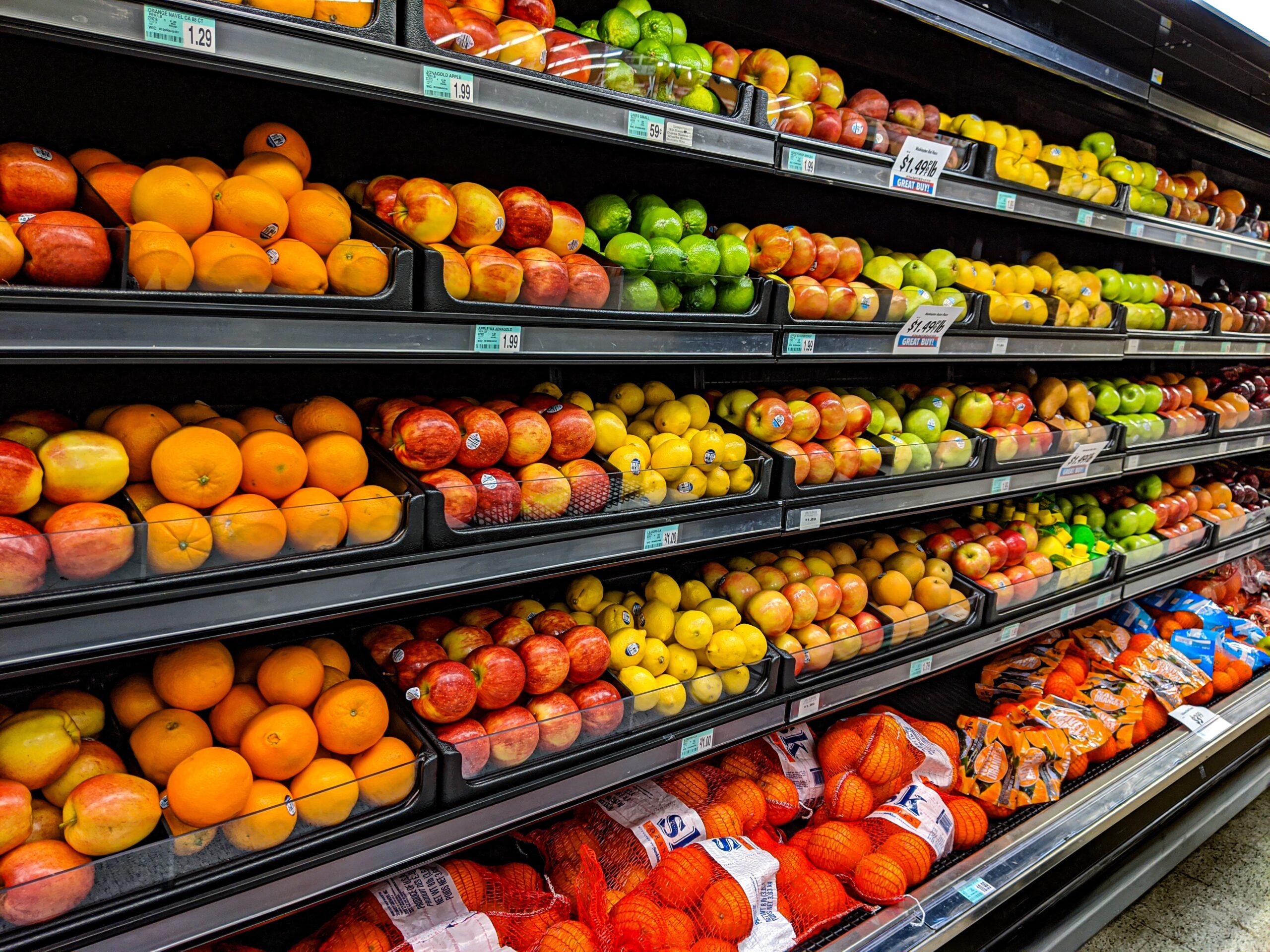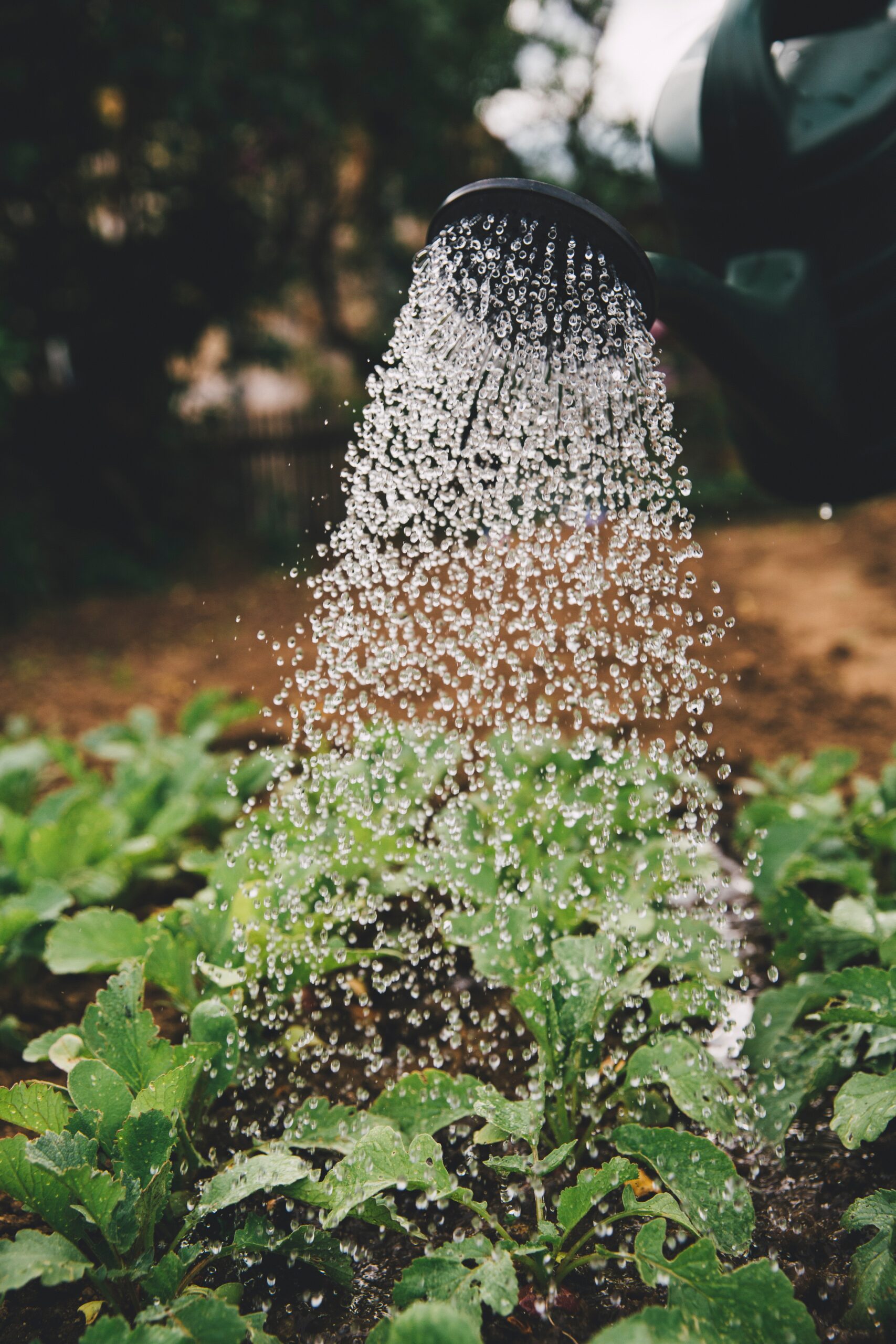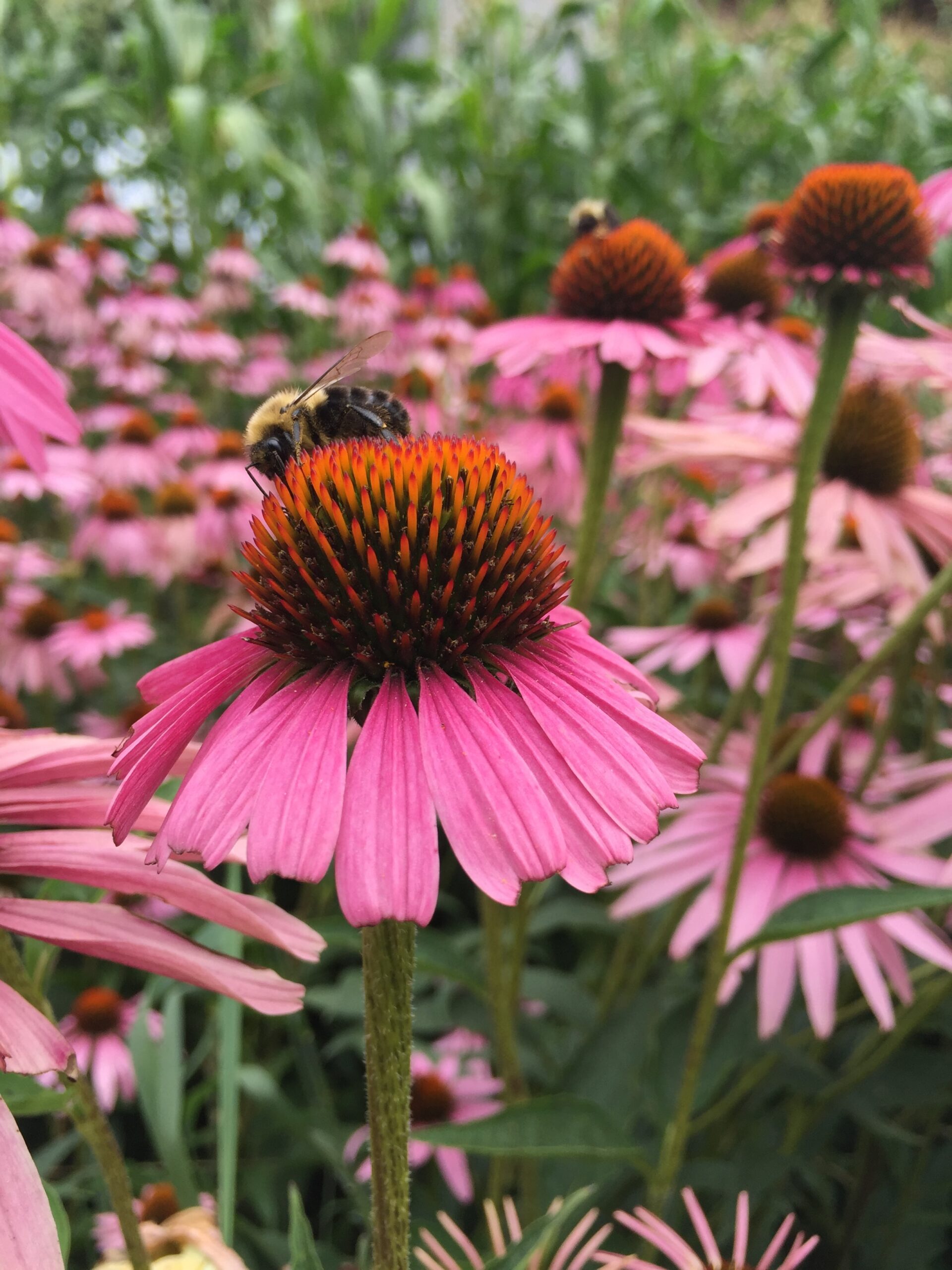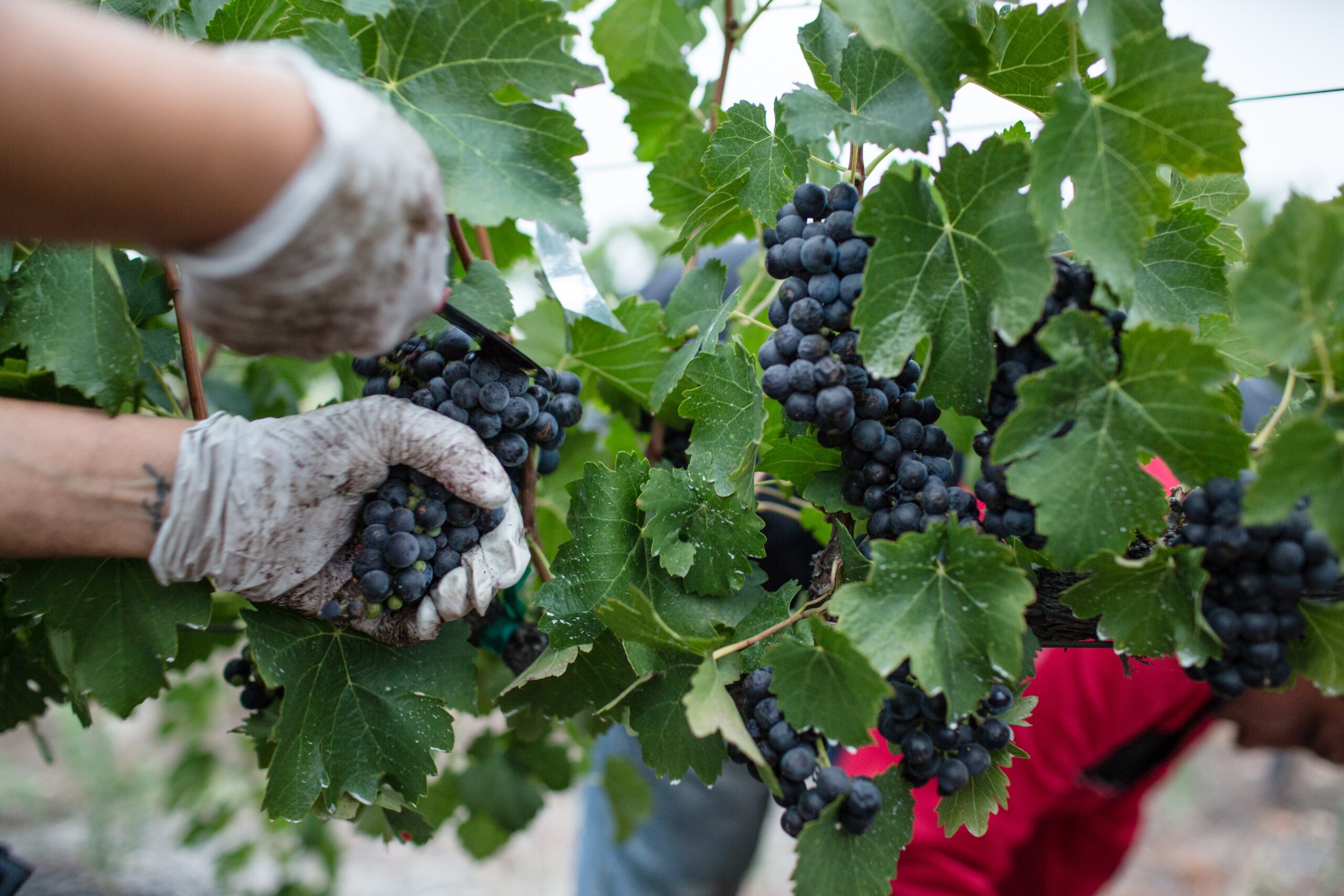This paper considers plant–pollinator–ant systems in which the plant– pollinator interaction is mutualistic but ants have both positive and negative effects on plants. The ants also interfere with pollinators by preventing them from accessing plants.WhileaBeddington–DeAngelis(BD)formulacandescribetheplant–pollinator interaction,theformulaisextendedinthispapertocharacterizethepollinationmutualismunder the ant interference. Then, aplant–pollinator–ant system withthe extended BD functional response is discussed, and global dynamics of the model demonstrate the mechanisms by which pollination mutualism can persist in the presence of ants. When the ant interference is strong, it can result in extinction of pollinators. Moreover, if the ants depend on pollination mutualism for survival, the strong interference could drive pollinators into extinction, which consequently lead to extinction of the ants themselves. When the ant interference is weak, a cooperation between plant– ant and plant–pollinator mutualisms could occur, which promotes survival of both ants and pollinators, especially in the case that ants (respectively, pollinators) cannot survive in the absence of pollinators (respectively, ants). Even when the level of ant interference remains invariant, varying ants’ negative effect on plants can result in survival/extinction of both ants and pollinators. Therefore, our results provide an explanation for the persistence of pollination mutualism when there exist ants.














































































































































































































































































































































































































































































































































































































































































































































































































































































































































































































